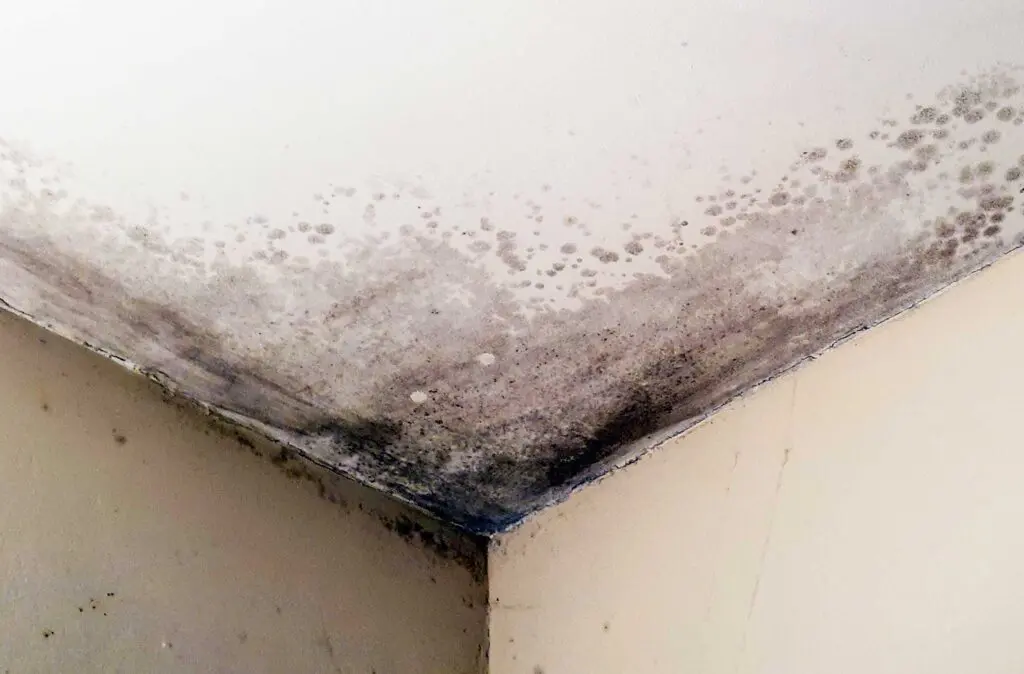Awaab’s Law 2025: October 2025 Update and How Social Landlords Can Prepare
The UK Government has released new draft guidance on Awaab’s Law, confirming how and when landlords must act on damp, mould, and other serious hazards. These updates clarify responsibilities, strengthen timelines, and put tenants’ safety at the centre of housing management.

Start Date
Phase 1 will take effect on 27 October 2025. This phase covers emergency hazards and significant damp or mould issues that impact tenants’ health.
Updated Timeframes for Action
Landlords must meet strict response times measured in working days:
| Action | Deadline |
|---|---|
| Investigate hazard | Within 10 working days |
| Provide written summary to tenant | Within 3 working days after investigation |
| Begin repairs | Within 5 working days of confirmation |
| Emergency repairs | Within 24 hours |
| Start full works (if needed) | Within 12 weeks maximum |
Communication and Transparency
After each investigation, landlords must provide tenants with a written summary explaining what was found, what action is being taken, and when the issue will be resolved. This ensures openness and accountability.
Hazard Definitions
- Emergency hazards: Immediate and serious threats to health or safety, such as fire risks or severe leaks.
- Significant hazards: Issues that pose ongoing health risks, including damp or mould.
Managing Complex Repairs
Some issues, such as structural damp or ventilation defects, may require further investigation. Landlords can carry out interim safety measures while planning full remediation within the 12-week limit. Documentation and regular communication are essential throughout.
Preparing for Compliance
- Update policies to reflect the new working-day deadlines.
- Strengthen hazard reporting and record-keeping systems.
- Create tenant communication templates for investigations.
- Train staff on hazard classification, PPE, and safety protocols.
Looking Ahead
Awaab’s Law represents a major step forward in housing safety. With clear systems in place, social landlords can meet new standards efficiently and confidently, creating healthier, safer homes for tenants.